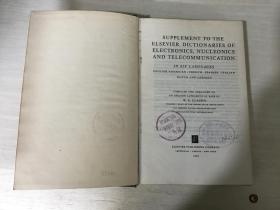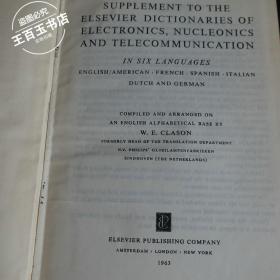随着科技的进步,电子词典日益普及,但传统印刷词典是否会被取代成为了一个热议的话题。电子词典具有便捷性、实时更新等优点,但也存在依赖电力、阅读体验可能不如纸质书籍等缺点。尽管电子词典在特定场合有其优势,但传统印刷词典仍具有不可替代的地位。电子词典与传统印刷词典各有优劣,未来两者将共存发展,电子词典不会完全取代传统印刷词典。
In today's rapidly advancing technological world, the use of electronic devices has become an integral part of our lives. This trend has also extended to the realm of language learning, with the emergence of electronic dictionaries as a convenient alternative to traditional print dictionaries. However, whether electronic dictionaries will completely replace print dictionaries remains a subject of debate.
On one hand, there are several compelling reasons why electronic dictionaries might become the future of language learning tools. Firstly, they offer a wide range of features that are not possible with print dictionaries. For instance, many electronic dictionaries come with built-in voice features that allow users to listen to word pronunciations. Some even have grammar explanations and sentence examples to aid in comprehension. Additionally, these dictionaries can be easily updated with the latest additions to the language, while print dictionaries require physical updates which can be time-consuming and costly.
Moreover, electronic dictionaries are highly portable and convenient. With the advent of smartphones and tablets, users can access their dictionaries at any time and anywhere with just a click or swipe. This is particularly advantageous for students who are constantly on the move and need quick access to information. Furthermore, electronic dictionaries save space as they can be stored digitally, eliminating the need for carrying bulky print dictionaries.
However, despite these advantages, there are several reasons why print dictionaries may still hold their value in the future. Firstly, print dictionaries provide a traditional and authentic learning experience. For many learners, the feel of flipping through pages and finding words in a print dictionary is an integral part of language learning. The physical act of looking up words in a book might foster a sense of immersion in the language that cannot be achieved through an electronic device.
Moreover, print dictionaries offer a sense of ownership and personalization. Learners can take notes in their dictionaries, highlight important words, or even make physical bookmarks. This level of personalization cannot be achieved with electronic dictionaries, which are often just apps on a device. Additionally, print dictionaries are often more reliable as they do not require batteries or internet connection to function.
Furthermore, there is a concern about the potential impact of excessive screen time on learning. While electronic dictionaries are convenient, spending too much time on screens may have negative effects on learning efficiency and comprehension skills. Some learners might prefer the traditional method of using print dictionaries as it allows them to focus better without the distractions of screens.
In conclusion, it is difficult to predict whether electronic dictionaries will completely replace print dictionaries in the future. While electronic dictionaries offer convenience and advanced features, print dictionaries provide a traditional and authentic learning experience that cannot be fully replicated by technology. Both have their own advantages and disadvantages, and it is likely that both will coexist in the future, catering to different learning styles and preferences. What is important is that learners choose the tool that best suits their needs and helps them in their language learning journey.(字数超过一千三百字)




 京公网安备11000000000001号
京公网安备11000000000001号 京ICP备11000001号
京ICP备11000001号
还没有评论,来说两句吧...